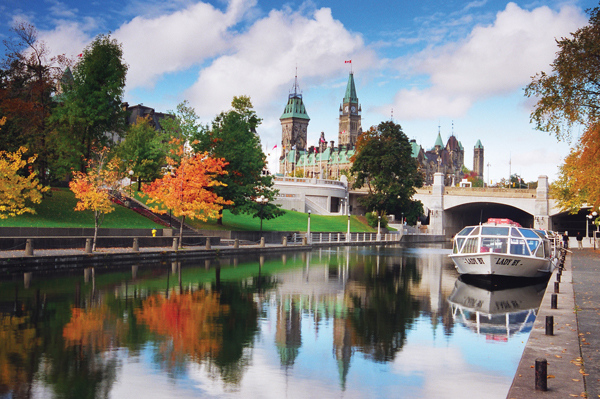UPDATED: NACC Supports Feds Proof Of Vaccination Plan

The National Airlines Council of Canada (NACC) says it ‘fully supports’ the federal government’s plans for a digital proof of vaccination credential.
NACC’s president and CEO, Mike McNaney said: “We fully support the federal government’s on-going engagement with provincial and territorial authorities to develop a standardized vaccination credential, and encourage all levels of government to work as effectively as possible to meet an early fall release date.”
McNaney noted that: “Proof of vaccination is going to be a critical component of international travel and recovery of the travel and tourism sector.”
NACC represents Canada’s largest carriers — Air Canada, Air Transat, Jazz Aviation LP and WestJet. (www.airlinecouncil.ca)
NACC’s reactions came following yesterday’s (Aug. 11) announcement by key federal ministers that the federal government is collaborating with the provinces and territories to develop a proof of vaccination that will facilitate cross-border travel for Canadians, while reducing the risk of spread and importation of COVID-19.
As for timing of what was described as a ‘pan-Canadian’ solution, the government indicated that the plan is to have the proof of vaccination document available by early fall and that document would would include data on the type of vaccines received, dates and location.
It is expected that the proof of vaccination credential will be digital, but officials indicated that it will also be made available to those Canadians who do not have a digital device.
Along with collaborating with provinces and territories to develop a secure pan-Canadian approach that’s based on advice from public health officials with priority placed on the safety and security of all Canadians, the government also indicated that it is working with other countries to ensure that they recognize the Canadian proof of vaccination credential.
The government also said that it recognizes that proof of vaccination credentials will support the re-opening of societies and economies and that Canadians are looking for a more reliable and secure way to demonstrate their COVID-19 vaccination history to foreign and Canadian border officials.
However, officials also made it clear that Canadians should continue to avoid non-essential travel worldwide.
In making the announcement, the government also said that it is continuing to engage with Indigenous partners across the country to ensure that a proof of vaccination credential responds to the needs and rights of Indigenous peoples.
Health Minister Patty Hajdu said that: “Around the world, vaccination rates are increasing and countries are reopening their borders. We will continue our work with provinces, territories and Indigenous partners to provide Canadians with a secure and reliable proof of vaccination, which could be required for international travel. I encourage all Canadians to get vaccinated as soon as they are able to.”
For Canadians who decide to travel, using a proof of vaccination will provide foreign border officials with the vaccination history needed to assess whether a traveller meets their public health requirements and provide a trusted and verifiable credential for when they return home.
Travellers will be able to submit their proof of vaccination in ArriveCAN — mobile app or www.Canada.ca/ArriveCAN — when coming back to Canada.
While the focus is on a digital proof of vaccination, the government said that it will also make sure that these documents are accessible for all Canadians who may need to use them.
Marco E. L. Mendicino, Minister of Immigration, Refugees and Citizenship, said that: “Thanks to the incredible progress that Canadians have made, our country is reopening — gradually, cautiously and guided by public health. This means that many Canadians are contemplating doing something they haven’t done in over a year and a half: travelling. Our work with the provinces and territories to provide a consistent proof of vaccination is a key step forward in ensuring Canadians will have the documents they need once it is safe to travel again.”
The government continues to encourage everyone who is able to do so, regardless of travel plans, to get vaccinated. Vaccination with a complete series of approved COVID-19 vaccines provides individuals with substantial protection against the virus.
It points out that destination countries determine if or what type of proof of vaccination is required and the related benefits that may be provided such as reduced or no testing or quarantine requirements.
Canadians who do not have a proof of vaccination can travel outside the country, but they may have to quarantine or meet other requirements at their destination country, and they will be subject to mandatory quarantine and testing upon return to Canada.
Canadians should always check the Government of Canada’s travel advice and advisories, as well as the entry and public health requirements of their destination country, before booking a trip.


